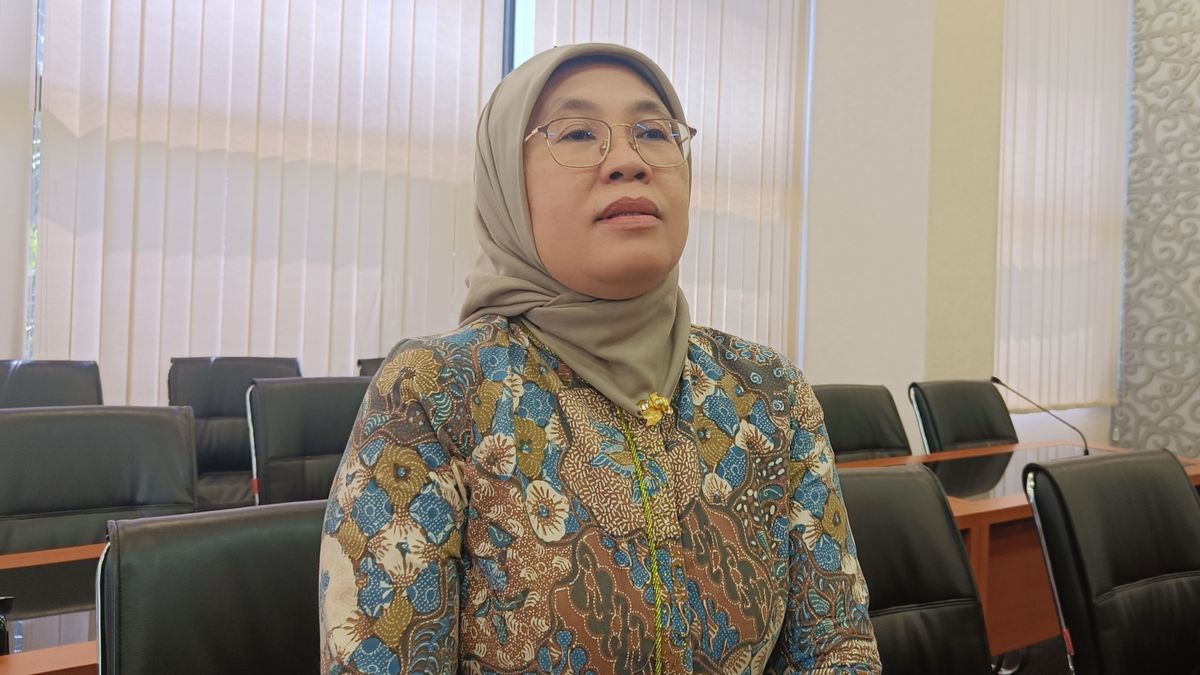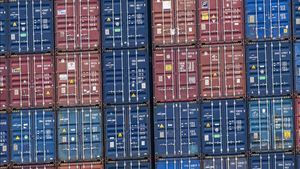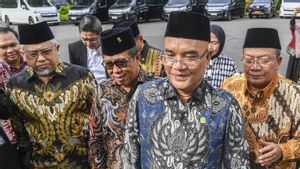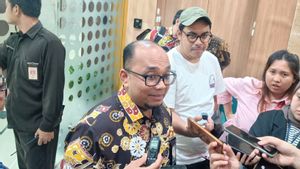JAKARTA - The Ministry of Industry (Kemenperin) welcomes the signal of changes or revision of import arrangements contained in the Regulation of the Minister of Trade (Permendag) Number 8 of 2024. The regulation regulates the relaxation of imported goods for a number of commodities, including the finished clothing industry and textiles.
Acting Director General of Chemical, Pharmaceutical and Textile Industries (IKFT) of the Ministry of Industry, Reni Yanita, hopes that the finished clothing and textile industry can grow higher with the revision of Permendag Number 8 of 2024.
Based on data from the Ministry of Industry, the textile and textile product (TPT) industry as a whole grew 3.32 percent until the third quarter of 2024. The clothing industry grew 4.6 percent, while the upstream textile industry was still contracting last year.
"Moreover, there is enthusiasm, he said, he wants to revise the Minister of Trade Regulation 8/2024. The hope is that from finished clothes, here, the growth is even better, not only 4.6 percent if the clothes can be purchased locally," said Reni when met by reporters at the Ministry of Industry office, Jakarta, Monday, January 6th.
According to Reni, the textile industry contracted because the clothing industry was located in a banded area, so the needs of fabrics and threads were not prioritized from the local.
Not only that, the pressure of performance is also due to the late extension of the import duty for cloth security measures contained in the Minister of Finance Regulation (PMK) Number 48 of 2024. The additional import duty rules for imported cloth expire in 2022, which is regulated in PMK Number 78 of 2021.
In other words, there is a protection gap of about 1.5 years for the national fabric industry.
"There are also several cloth companies that may be closed, so this is filled with imports. Well, that also indicates why this data has dropped," said Reni.
BACA JUGA:
Furthermore, Reni emphasized that the TPT industry must be protected by stakeholders considering its contribution to labor absorption in the manufacturing sector reaching 20 percent. The Ministry of Industry recorded that the total workforce in the TPT industry until August 2024 reached 3.97 million people, an increase of 5.59 percent on an annual basis.
"So if we don't protect (the textile industry workforce) by 20 percent, right, it's okay for our name to have a demographic bonus. Then, we also have workers (who have) skills for textiles. Right, it's a shame if we don't maintain it. Well, this is also a concern on how the policies taken by other ministries/agencies should also pay attention to this," he concluded.
In this case, pro-industrial policies are needed, one of which is through Permendag 8 of 2024 to encourage industrial growth and development which absorbs a lot of labor.
The English, Chinese, Japanese, Arabic, and French versions are automatically generated by the AI. So there may still be inaccuracies in translating, please always see Indonesian as our main language. (system supported by DigitalSiber.id)
















